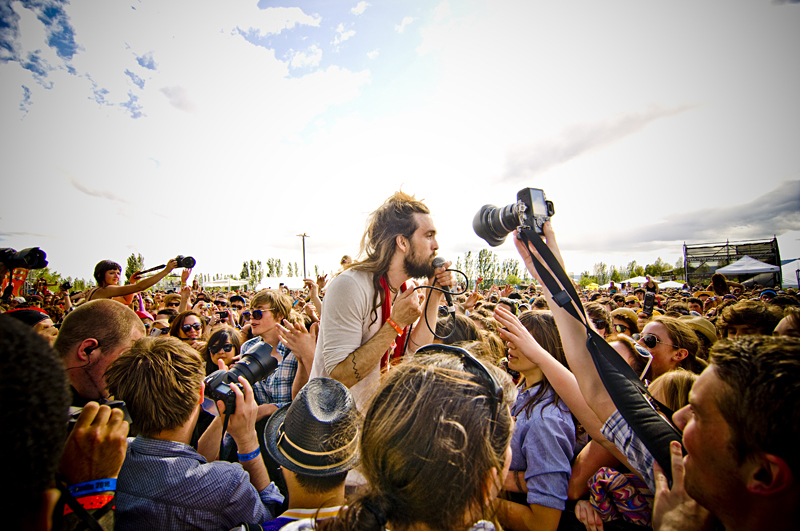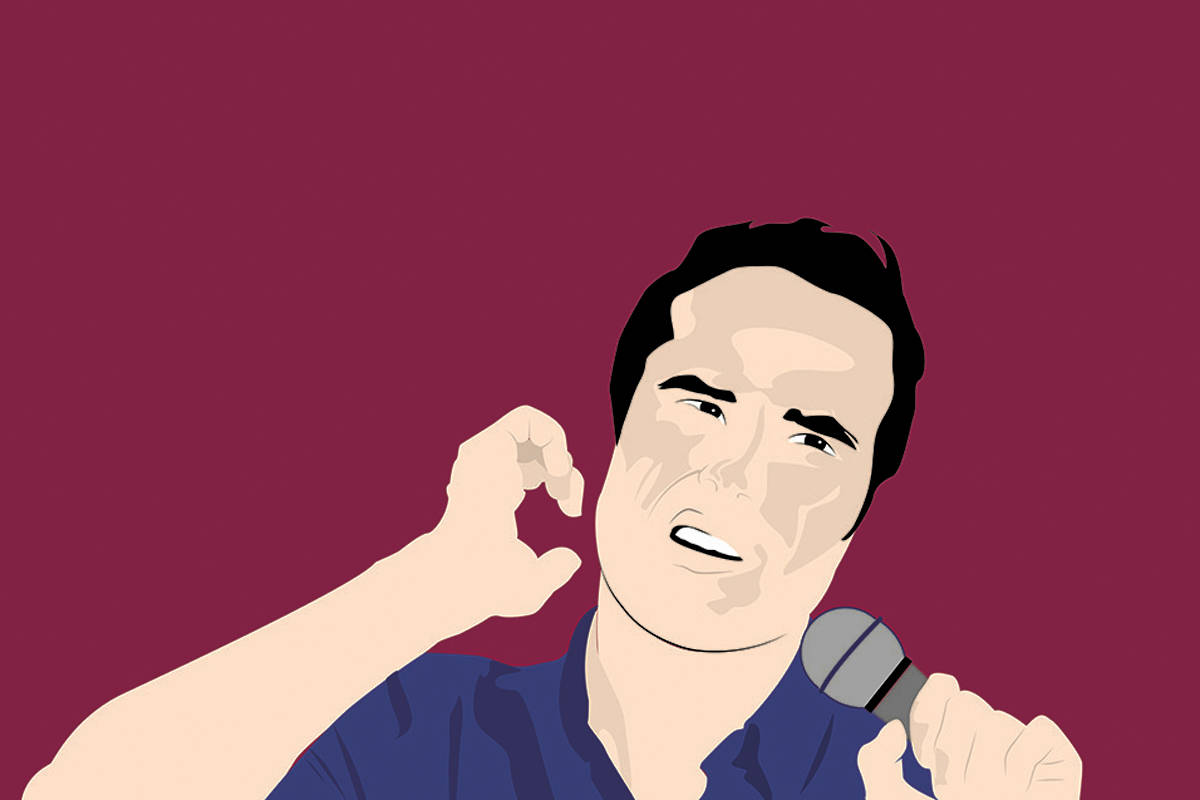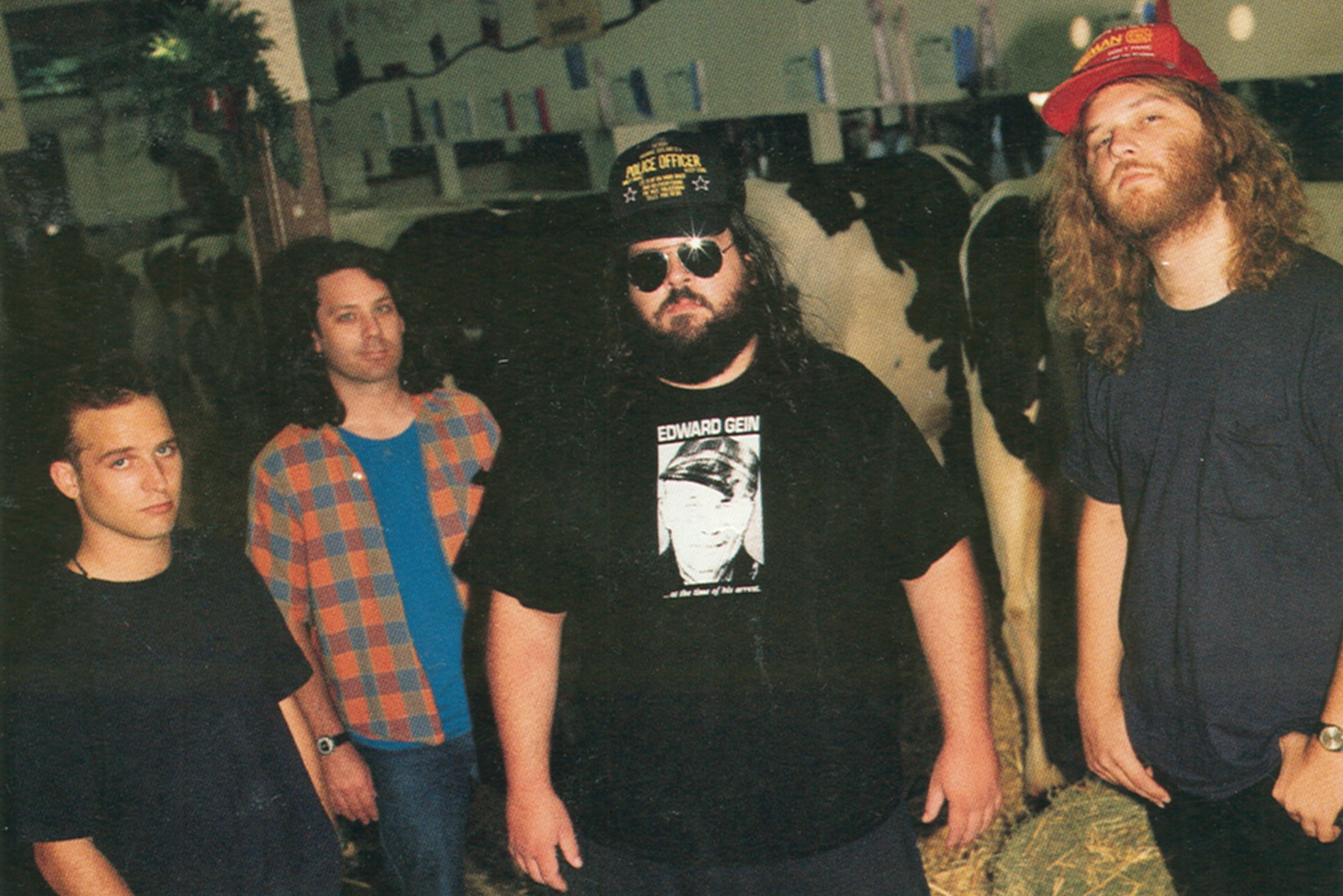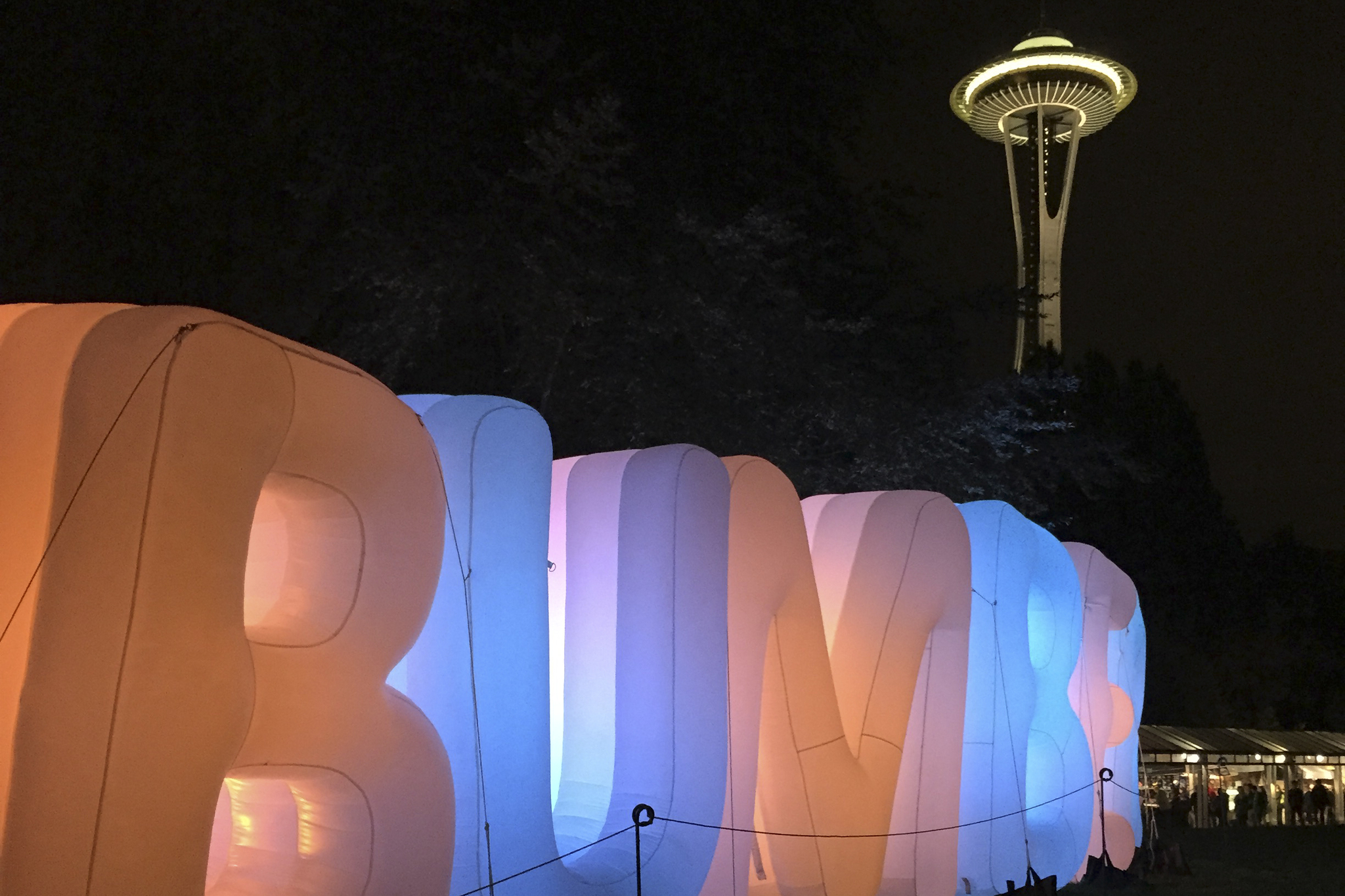SW: Do people call you Edward a lot?
Alex Ebert: Sure.
Are you afraid you’ll end up like Darius Rucker, with people yelling “Hootie” at you for the rest of your life?
No, most people seem to figure it out after a little while.
Here debuted at #5 on the Billboard charts in May. Was that at all surprising?
It was a little bit, yeah. That was a fun day. It was just amazing to read the little Billboard thing. It was a milestone in a way.
Can you talk about the differences between making Here and making your debut, which included producing it yourselves?
This time it was a band making a record instead of some guys coming together to record an album.
We’d come off a lot of touring—probably a little too much in some ways. A couple people had left the band, but we all took a leap of faith and got a house [in Ojai, Calif.]. Most everyone stayed up at the house and we got a studio, and we have that studio still. That’s a really special thing, too, to be able to just roll in and start working and know that there’s not really a deadline unless you put one on yourself, which is the way I like to work. This one was more collaborative, and we wrote some songs together in the same room, which on the first album didn’t really happen. I think it was a good step in the evolution of us.
Did you always know the process would be different this time around?
That was part of the dream—to have it be more collaborative, and also the way that it’s going to be more fulfilling for everyone. I think it will just become more and more like that. Even on the first album, we split so much of the publishing and the writing and money and whatnot, so it was sort of like premature community sharing. And with this album, it’s not as much based on a philosophy as it is based on reality.
Here has a lot of ambience, with all the hoots and hollers. Did you pay extra attention to trying to capture that?
I don’t know if it’s just sort of that we know that that ragamuffin approach delivers some cool sounds, or if it’s that we’re used to being able to do that, but I definitely encourage the band to shout and make noise. I think it’s still a little bit of an embarrassing thing for people to use their voice, especially if we’re recording, but I think it’s important and it adds to what I describe as the porousness, the pores of a song.
If a rock is completely tumbled and completely shiny, the water has no way to penetrate the rock. It’s become this impervious, gleaming, polished, produced piece. But if you allow it to be porous, you can enter into it and really experience the song. I’m into some stuff that is completely polished, but I think there are so many ways to completely polish something that can be really detrimental to a song, [and] there’s a lot of great songs out there that I don’t resonate with because of all that polishing.
Did the “Railroad Revival Tour” with Old Crow Medicine Show and Mumford & Sons, in which you traveled across the Southwest in vintage trains, inform the record at all?
That train tour changed our lives in many ways and inspired us musically in many ways, particularly in the grand sense of just playing music all the time, because that’s all that was going on on that train. We ate and slept and shit, but probably more than anything else there was music.








